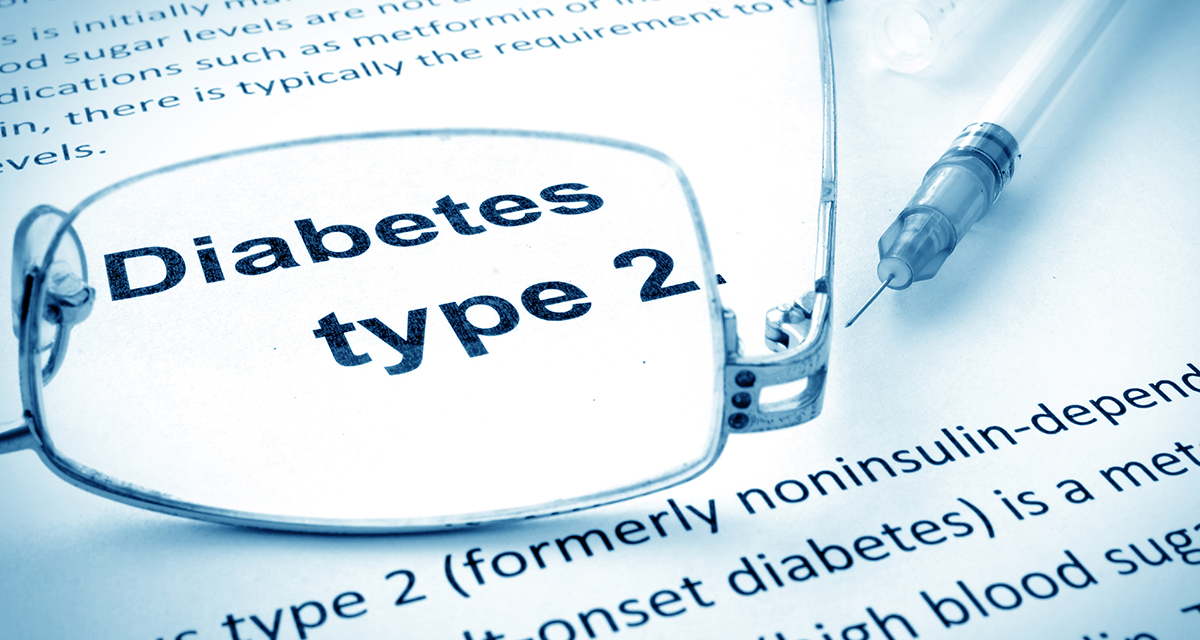If you were just diagnosed with type 2 diabetes, you may wonder what you need to know. The answer is not simple. Diabetes is a complex disease that changes its course over time. Here are the key points that would be useful to know when you are newly diagnosed.
First, it is not your fault, and don’t let anybody convince you otherwise. It is an unfortunate chronic disease, not a choice. The main risk factors for the disease are age, genes and weight. You have no control over the first two. Weight as a risk factor is a continuum which means that there is no finite weight limit that you must remain below. It is just that your weight is too high for your pancreas to keep increasing insulin secretion. Most people who are overweight or obese do not develop diabetes, and many develop type 2 diabetes even if they are not obese.
The second thing to remember when you are newly diagnosed with diabetes is that it is a progressive condition. Over time, your pancreas will secrete less and less insulin despite using the right medications. During the first few years, you might be able to maintain good average glucose or hemoglobin A1c (also known as HbA1c) with just weight loss. But, at some point that will not work, and you will need to add more medications. Inevitably, most patients will need insulin injections at some point because insulin secretion from the pancreas will become too low. Importantly, it is not that you can always optimize your glucose at will, you just cannot make enough insulin compared to your needs. Unfortunately, type 2 diabetes is generally not a reversable condition. In some cases, bariatric surgery can reverse the pathology and considerable weight loss can slow down the progression of the insulin deficiency. In most cases, diabetes will progress.
The third and most important part to remember is the treatment goal. There are three main goals in type 2 diabetes management to prevent diabetes complications. The first one, and the hardest to achieve, is optimizing your HbA1c. Ideally, it should be kept at about 6.5-7% most of the time. People who can achieve it have similar risks of developing complications or dying prematurely than the population who do not have diabetes. Even if your HbA1c has been elevated for a while, it is never too late to reduce it. Reducing HbA1c can still stop the progression of complications that you may have developed and prevent premature death. It is less important what medications you use to maintain optimal HbA1c. The most important thing is to keep it optimal. The other two therapy goals relate to medical conditions that accompany type 2 diabetes – high blood pressure and high cholesterol. Treatment includes medications to optimize your blood pressure and lower cholesterol. Naturally, if you use tobacco, you should stop.
Don’t assume that a simple change in diet will solve the problem. If medications get you to an optimal HbA1c, don’t resist taking them. Unfortunately, I have seen many people who lost years on attempts to modify their lifestyle and developed destructive complications in the process because their HbA1c remained elevated.
Don’t despair. Diabetes is a chronic condition, but it is also treatable as long as you remember what the treatment priorities are.


